Shut it down?
As Conservative leader Pierre Poilievre ratchets up his campaign to “defund the CBC”, many observers are tempted to believe that he is alienating a huge swath of Canadians. Not necessarily.
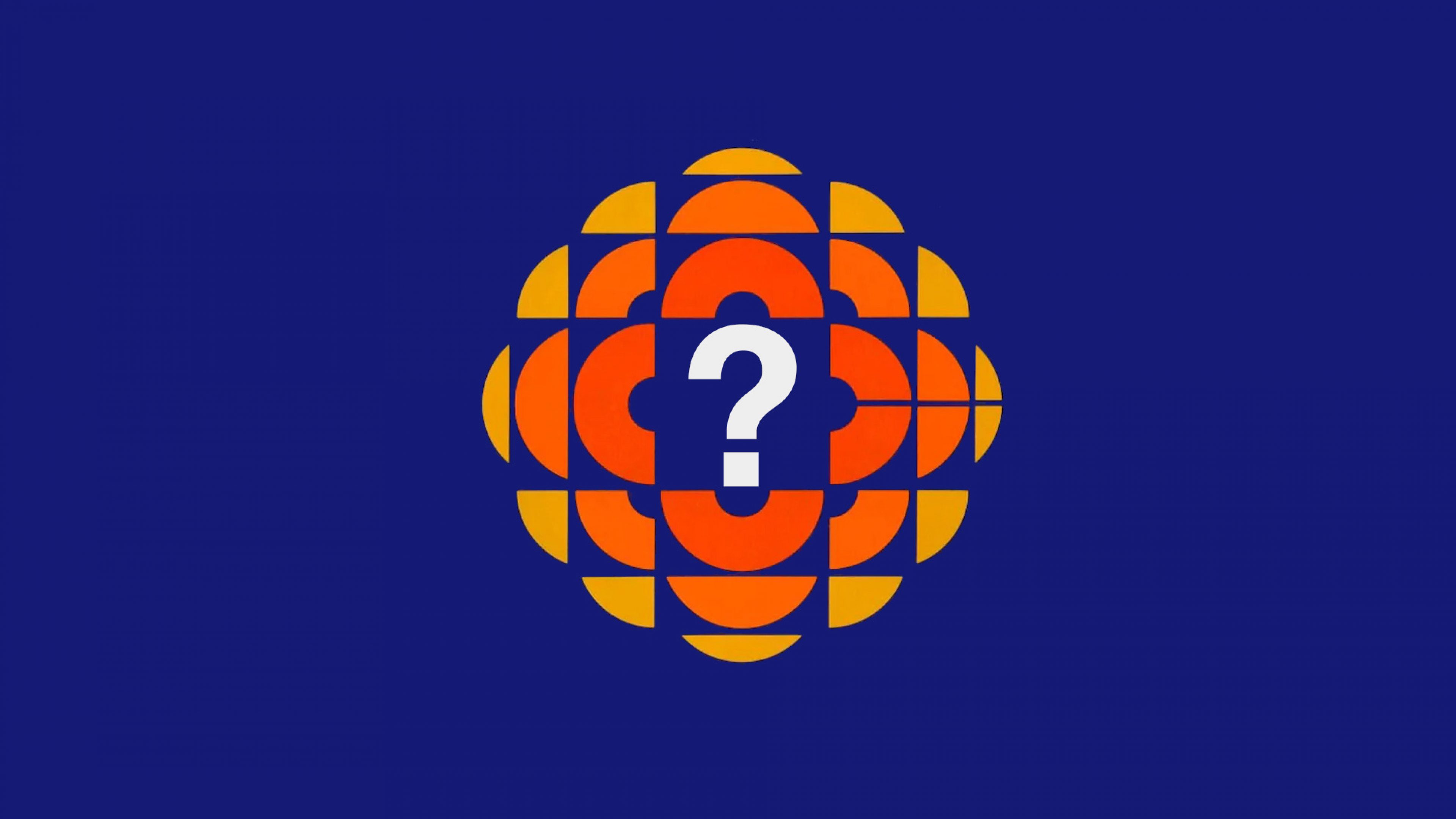
It’s not quite 100 years old, and it’s not a sure thing it will make it to 100.
As Conservative leader Pierre Poilievre ratchets up his campaign to “defund the CBC”, many observers are tempted to believe that he is alienating a huge swath of Canadians. Not necessarily.
Our spark*insights research reveals that across the country, 45% are drawn to the argument “shut the CBC down to save tax dollars” and only a bare majority (55) choose “I value the CBC and want it maintained”, given these two alternatives. (Sample size 1200, Nationwide, April 18-20th, 2023, online, field work by Abacus Data)
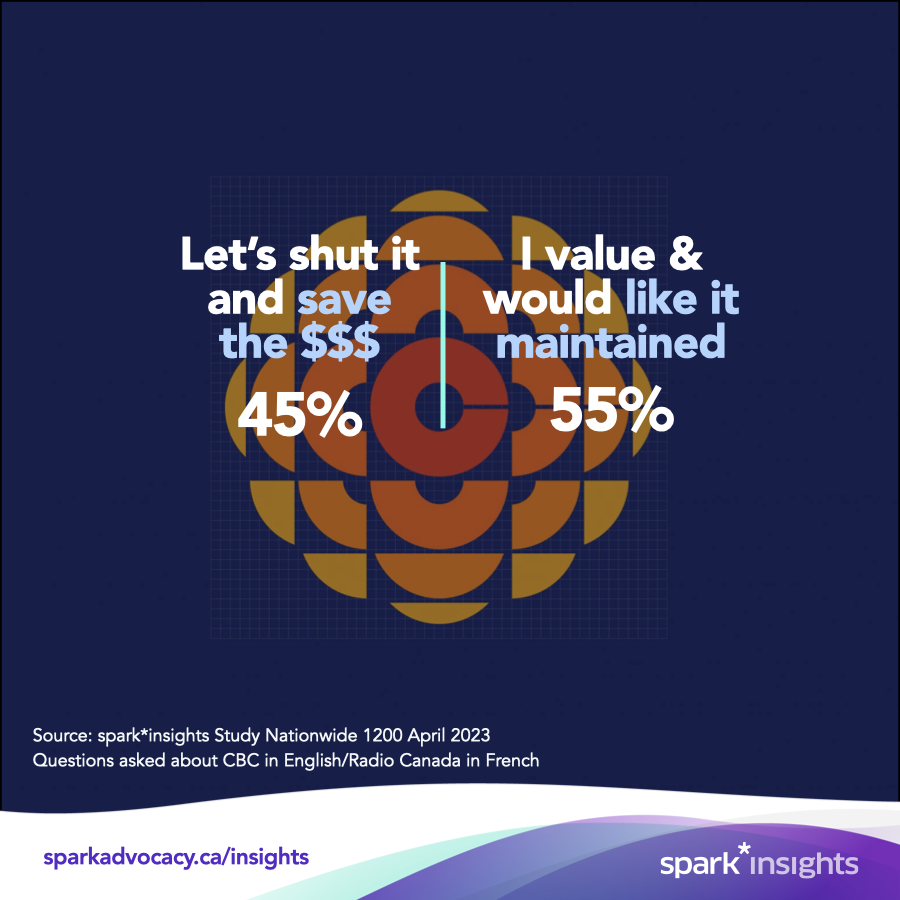
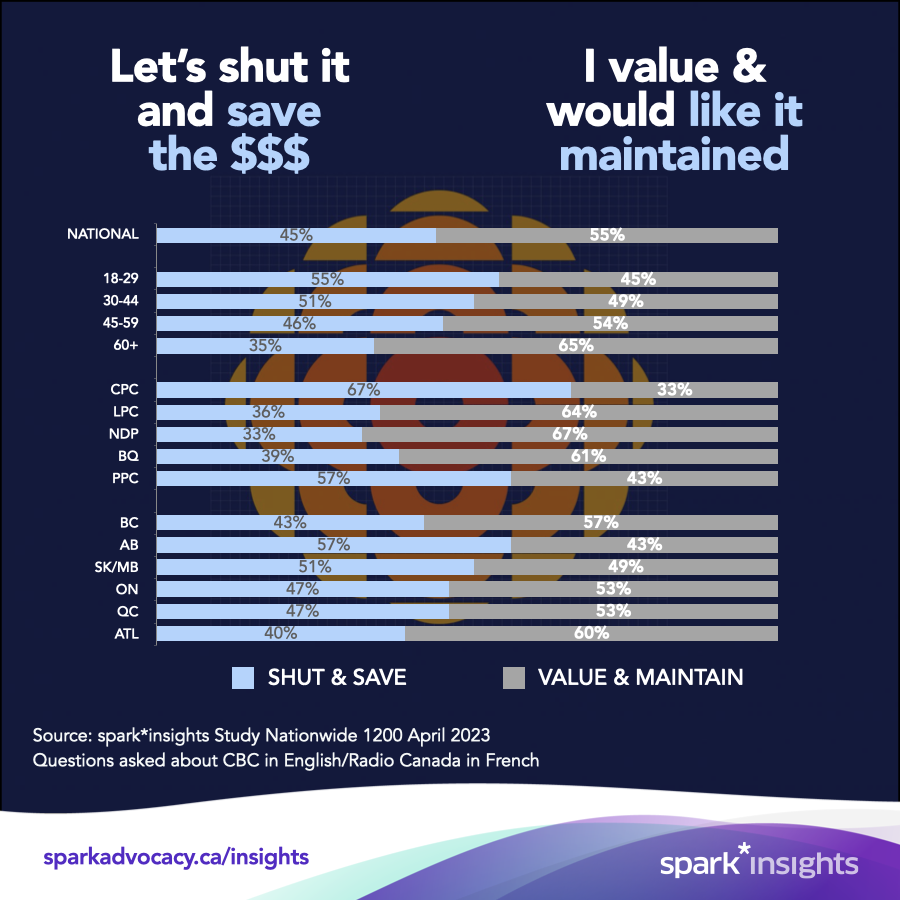
To be sure, Conservative voters (66%) lead the way in enthusiasm for shutting the Corporation down, but just over one in three (36%) of Liberal voters feel this way, and a third of NDP voters do too. A striking number in the mix has to do with younger people. A majority of those under 30 (55%) would close the CBC down. And while Albertans (57%) lead all regions in desire to end the CBC, Québec residents are not that far behind (47%).
While most people don’t think CBC news is propaganda, a striking 40% believe the opposite. Once again, young people are far more likely than older people to feel this way.
Two thirds of Conservative voters (64%) think the CBC journalism is propaganda on behalf of the federal government, as do 60% of People’s Party voters. While those numbers are obviously challenging for the CBC, it might be just as worrisome to realize that a quarter of Liberal and NDP voters think the same way. Albertans (55%) are convinced CBC News is federal government propaganda, while BC (35%), Ontario (38%) and Québec (35%) are less likely to think this. Of those who think the CBC should be shut down, two thirds think CBC news is government propaganda.
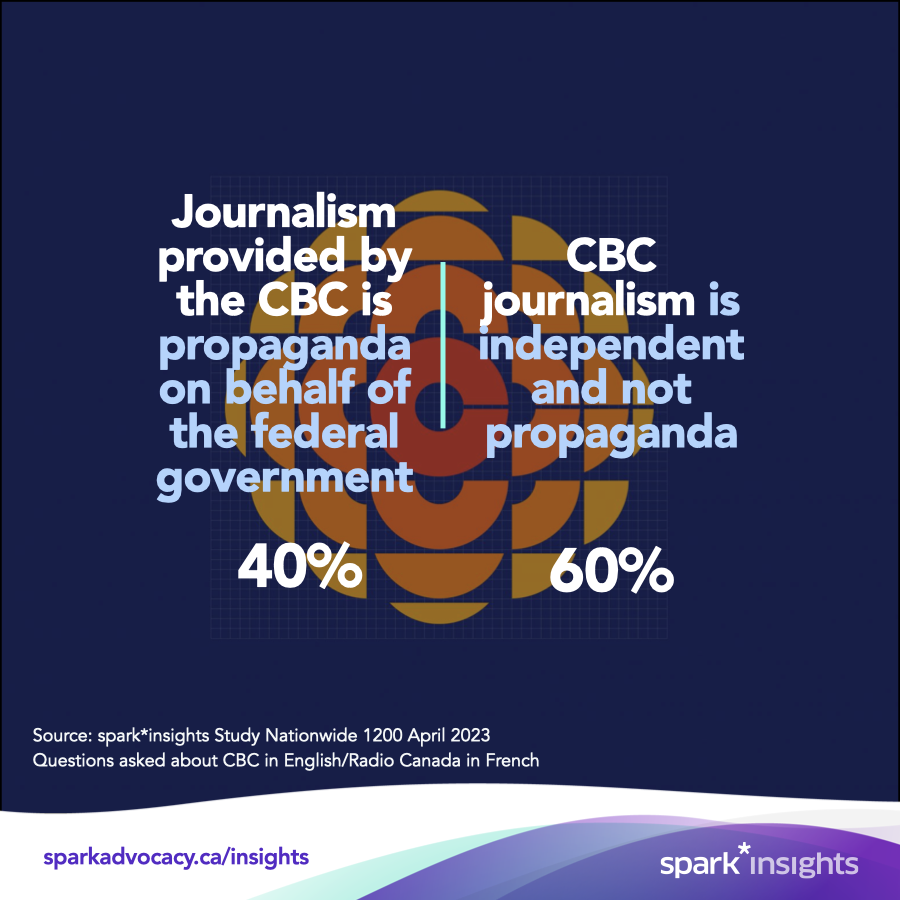
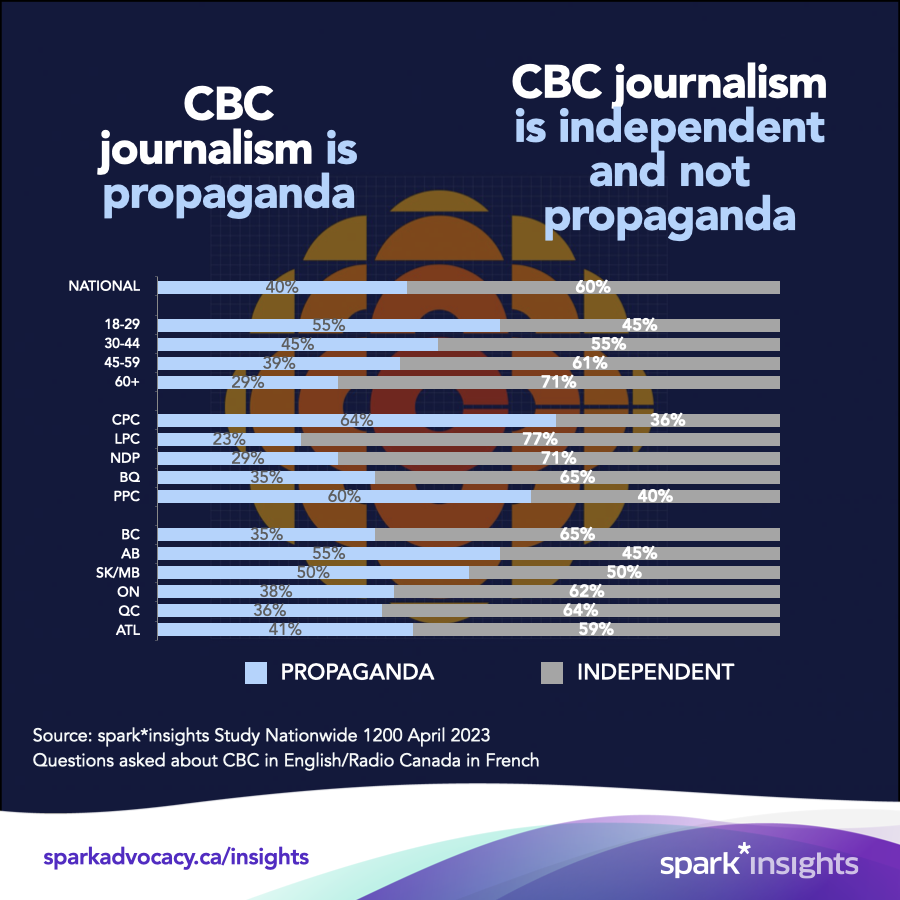
Times have changed in the media landscape and there is far less attachment to the CBC than once was the case. Presumably this has a lot to do with the explosion of options for news and entertainment in the digital age, which is reflected in the massive age differences. But there is also possibly a lack of anticipation or consideration of what would be lost, if the CBC was no more. If people think it’s not that necessary, then cutting government spending in this area seems like an easy choice.
There’s also the general decline in trust in institutions, including those of government and the news media, that have been documented in recent months. The spillover effect of polarized cable news channels in the US and the strong evident leanings of some Canadian publications, may be making people wonder if objective, unbiased journalism is really possible to find anymore.
These numbers don’t exactly say that Conservative Leader Poilievre has a winning strategy, but they should put to rest the notion that he is speaking to a tiny sentiment of the most rabid parts of the right wing.
The CBC, regardless of how the near term of this debate plays out, clearly has a fight on its hands to re-construct a strong attachment with Canadians, and to bolster credibility, something that will be made more difficult, the more politically contentious the topic becomes in national politics.
spark*insights is led by Bruce Anderson, one of Canada’s leading and most experienced public opinion researchers. From polling and research to analysis and guidance, we help organizations, uncover the factors driving or influencing public perception to gain valuable insights into the shape and movement of the landscape.